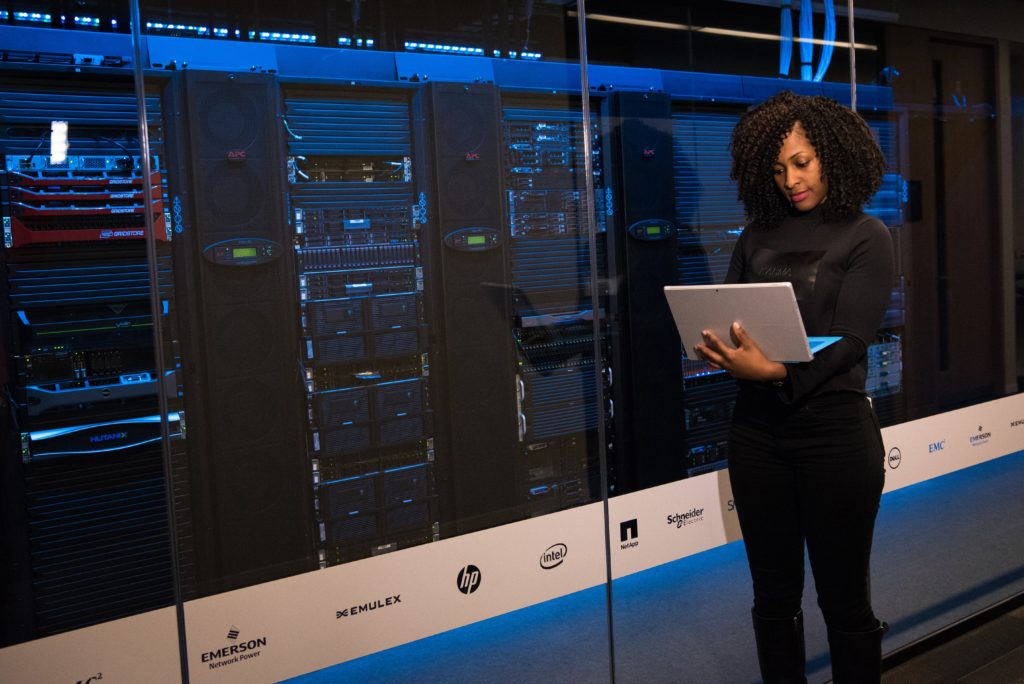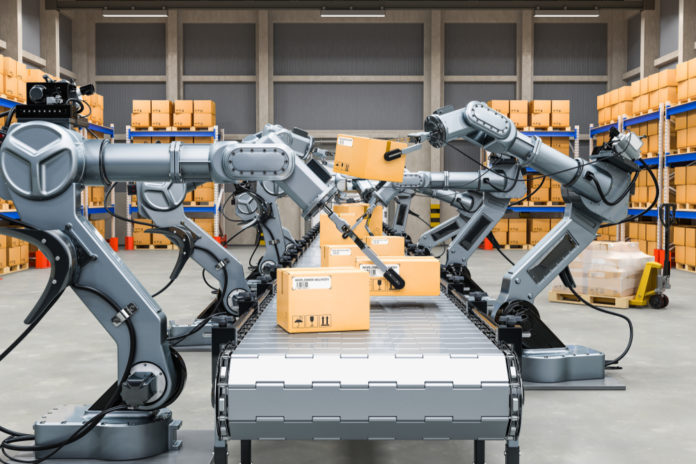This year the Youth Global Forum will celebrate its fifth year anniversary. Under the theme of “Industry 5.0 vs. Inclusive Development: Where is the future?” in Amsterdam. Professor Liaoyuan Zeng an Associate professor at the University of Electronic Science and Technology of China shared some thoughts with us on morals and ethics of artificial intelligence.
What is the Challenge with AI?
With over 16 years’ experience working in the field of signal and information processing and intelligent telecommunication, Prof. Zeng believes Artificial intelligence (AI) is like the hammer and everything else is like the nail. There are so many challenges in implementing such as legal issues, over-demanding market for AI, energy consumption, resourcing, sustainability and the big elephant in the room – the unknown of the extent to what AI can do. Lack of confidence and trust in the algorithm- is it inherently good or bad?

But does these issues mean that there would be a reduction in the use of AI today? Absolutely not! Now more than ever people are using AI for their daily living. So we should focus on how we design an algorithm that has optimal answers to human existence with good and moral and ethical behaviours being at the centre.
Moral and Ethics as the Focal Points
The crucial factor in assessing the AI dilemma is understanding what are you willing to sacrifice and what are you willing to protect because we will ask this question year after year without any real solution. So we should think out-of-the-box for fundamental ways to embed AI into our lives to contribute to social impact and inclusive human development.
Developing Contribution to AI strategies
Yes, we understand that most of the AI technology developments happen in the Global North. Three main factors that play a great role in AI development are data, algorithm and computational power. This is so because in developing countries you may not have strong and powerful fast-developing machines or many scientists coming from developing countries.
However, developing countries probably have one precious fortune- data. So therefore it is suggested that developing countries can protect their data and use it to their benefits. Because it doesn’t matter if you are in the southern or northern hemisphere all data will be very critical for the future development of AI and the future of the global society. So pay attention to the data.
View this post on Instagram
Next Steps for AI…think futuristic
The next step for AI doesn’t matter the name of the technology that it will be called but the key is with people combined with more and more intelligent technology. People will continue to develop more smart tools and systems hopefully to make people more productive but at the same time make life easier but also the realisation that we humans are a part of something bigger and that is the universe.



















